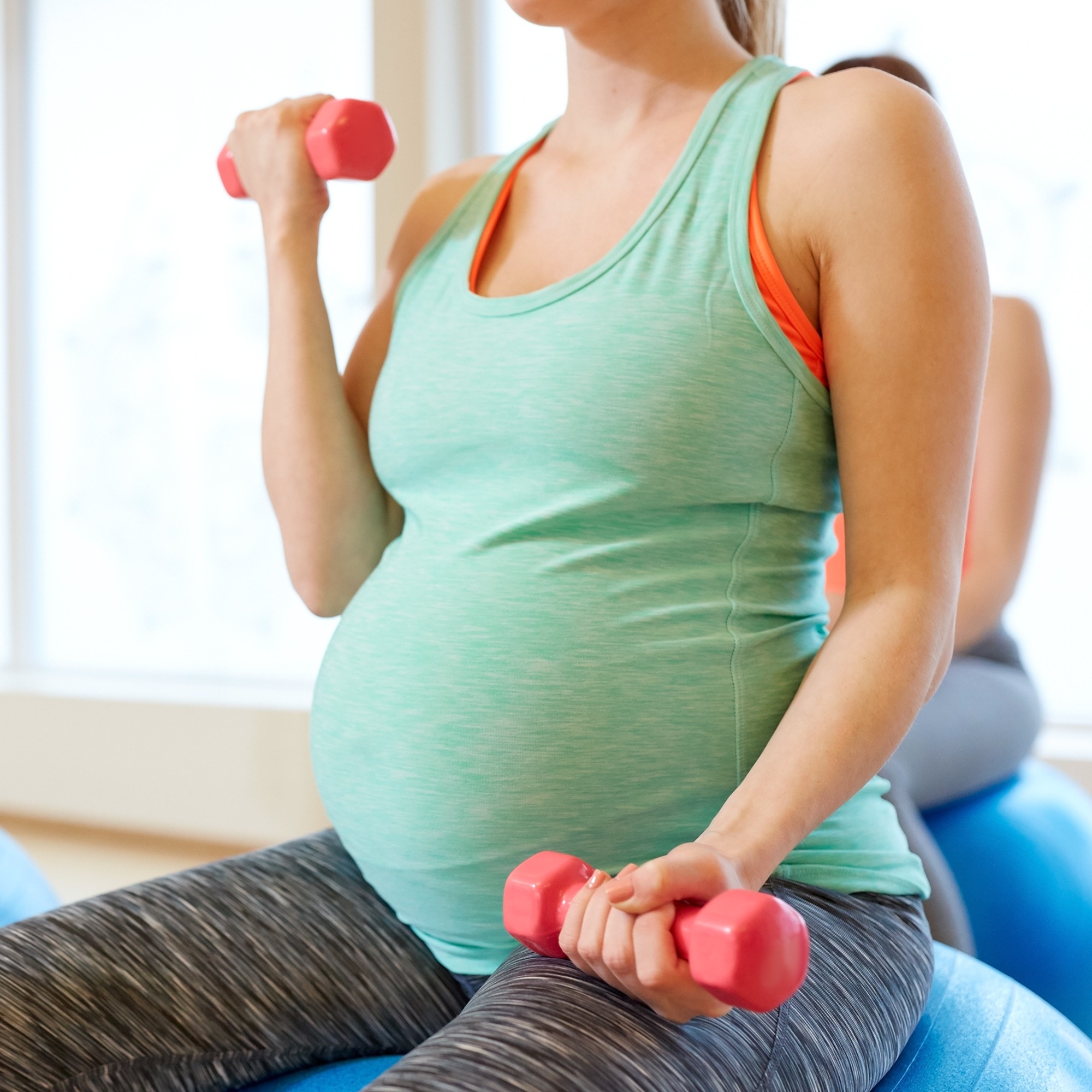Pregnancy is an exciting time- it’s also full of many changes. Kim Fletcher, PT, DPT, PRPC a Certified Pelvic Rehabilitation Practitioner at Summit Therapy & Health Services encourages expecting moms who are experiencing pain or reduced mobility and functioning to seek out physical therapy services.
What can physical therapy help with during pregnancy?
Physical Therapy (PT) during pregnancy can help women who are experiencing pain and decreased function. It can also aid with bowel and bladder problems and can help establish an individualized strength and flexibility program based on a woman’s needs.
The most common reason to seek out physical therapy while pregnant is to reduce pain related to issues that affect a woman’s ability to participate in her usual daily, work, or recreational activities. Many women experience neck, lower back, pelvic, tailbone, and hip pain during their pregnancy- physical therapy can help to reduce or resolve these pregnancy-related pains.
Is physical therapy safe during pregnancy?
Fletcher assures that “physical therapy is safe and effective to participate in during all trimesters of pregnancy.” Exercises, positioning, and specific treatments in physical therapy vary depending on which trimester a woman is in. There can be specific circumstances in which a woman may be placed on bedrest or given activity limitations by her physician, in which case her physical therapy plan would be altered to follow all restrictions.
Physical therapy can be highly beneficial following delivery. “Your body has gone through many changes during pregnancy that can affect abdominal muscles, hip muscles, back muscles, and pelvic floor muscles,” says Fletcher. Physical therapy helps by identifying specific issues related to decreased strength, muscle control/coordination, flexibility, and poor posture.
Can physical therapy help postpartum?
Since each woman faces a unique birth experience, the recovery is equally unique. Whether the baby was born vaginally or via cesarean, physical therapy can help with the recovery process. Physical therapy can be initiated whenever the new mom feels ready, following the 6-week postpartum check up with a physician. Fletcher says it’s important to note that “if a new mom is experiencing significant pain or other issues that prevent her from caring for her newborn, physical therapy can start right away to help correct and alleviate issues.”
There are many postpartum symptoms women may experience; while these symptoms are common, they are never considered normal if they last for a prolonged period of time (longer than 6 weeks) following delivery. Symptoms that may persist but are not normal and should be discussed with your physician to determine if a postpartum Physical therapy referral is appropriate for you include: pelvic pain (this includes pain when sitting, bowel movements, exercise, and intercourse), pelvic heaviness, hip pain, back pain, abdominal pain, tailbone pain, thoracic pain, shoulder, pain, neck pain, urinary urgency, urine leakage, fecal incontinence or constipation, and burning or itching. “If you feel like something just doesn’t feel right, we can help,” assures Fletcher.
Physical Therapist vs. Pelvic Health Therapist
Fletcher also suggests that when an expecting mom is choosing a physical therapist, they may want to consider seeking the expertise of a pelvic physical therapist. Pelvic physical therapists have specialized training in the assessment and treatment of the pelvic floor muscles as it relates to the whole body. They have specialized training in many of the issues that women can experience during pregnancy and post-partum especially related to pelvic floor muscles, pelvic pain, and bowel/bladder dysfunction.
Summit Therapy & Health Services has a variety of physical therapists and pelvic health therapists on the team. If you’re interested in learning more about the therapy options available to you, visit Summit Therapy & Health Services online or give them a call at (509) 332-5106.
